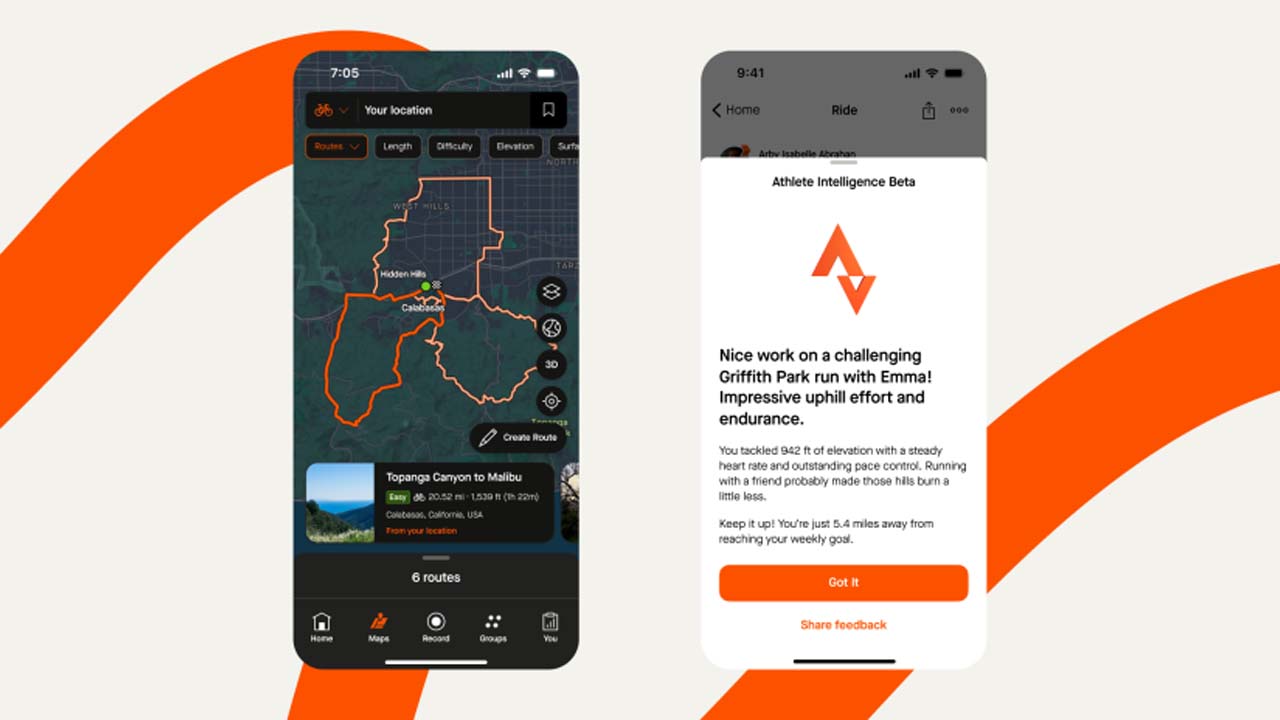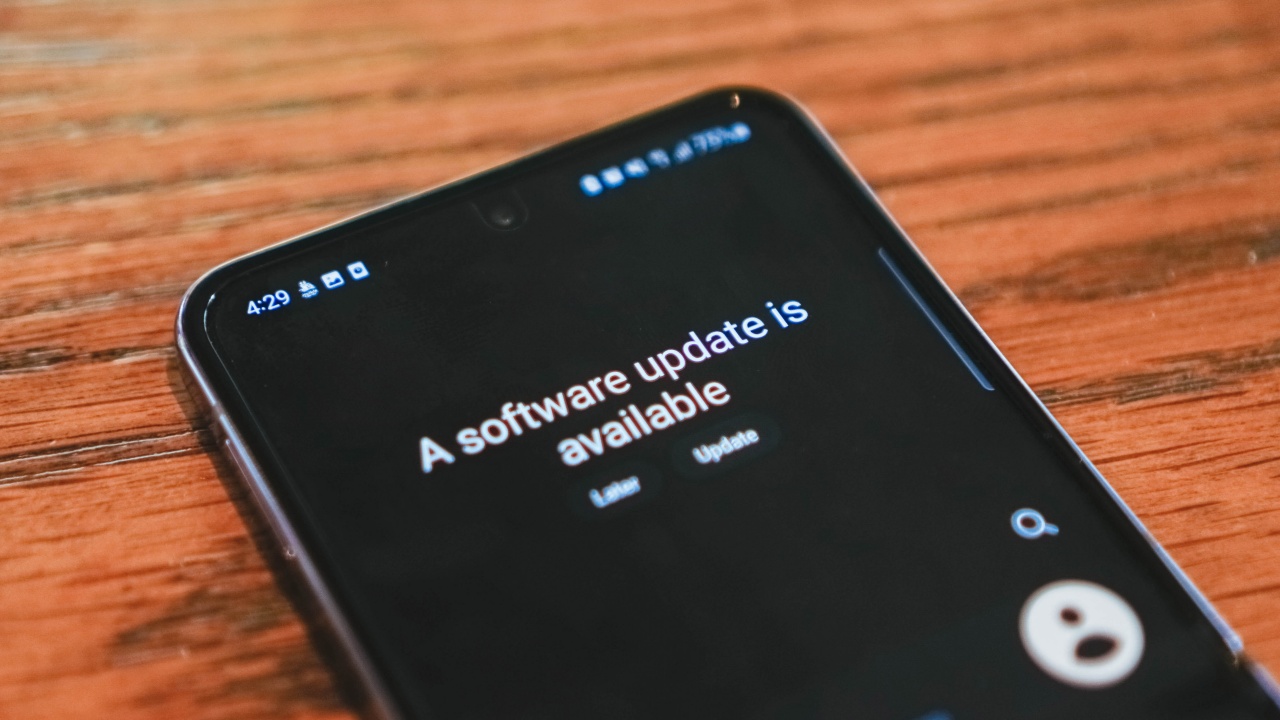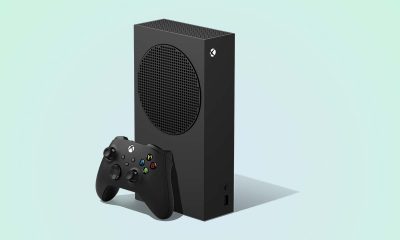News
Bill Gates believes Microsoft losing to Android is his ‘greatest mistake’
He regrets that Microsoft didn’t beat Google

It’s no secret that Microsoft is enjoying the dominance of Windows on PCs, but its mobile counterpart didn’t do well while it was still alive. Windows Phone or Windows 10 Mobile failed to compete with Apple’s iOS and Google’s Android in the mobile scene. Unsurprisingly, Microsoft’s founder Bill Gates saw this as a missed opportunity.
During a talk with venture capital company Village Global, Bill Gates admitted that he regrets that Microsoft lost to Google in making a “standard non-Apple phone platform.”
The whole interview is available for viewing on YouTube and it’s more than an hour long. A lot of topics were discussed with useful insights about startups, investments, major world issues from Bill Gates himself.
One of the interesting answers from Gates was the revelation of his “greatest mistake ever,” which was Microsoft failing to take the opportunity Android had before.
In his own words, “In the software world, particularly for platforms, these are winner-take-all markets. So the greatest mistake ever is whatever mismanagement I engaged in that caused Microsoft not to be what Android is. That is, Android is the standard non-Apple phone platform. That was a natural thing for Microsoft to win. It really is winner take all. If you’re there with half as many apps or 90 percent as many apps, you’re on your way to complete doom. There’s room for exactly one non-Apple operating system and what’s that worth? US$ 400 billion that would be transferred from company G to company M.”
Gates’ owning the mistake is somewhat surprising because it was assumed that it was Steve Ballmer, former CEO of Microsoft, who didn’t saw the touchscreen revolution coming. Ballmer even laughed at the iPhone and called it unappealing to business customers because it lacks a keyboard. Hence, the company stuck with phones with keyboards.
We all know it was a big mistake for Microsoft as a company to ignore the iPhone. Google, on the other hand, took the golden chance and now they are on top of the mobile operating system chain.
Microsoft eventually came up with Windows Phone and launched it in 2010. It was pretty good, although it lacks the apps people are already enjoying on an iPhone or any Android device.
SEE ALSO: Microsoft’s Project xCloud game streaming service is coming in October


Strava is emerging as a top choice for runners worldwide. Though the app is rising in popularity, there are still some features that are notably missing. If you’re eagerly awaiting for a few to drop, the fitness app is rolling out highly requested features soon.
Naturally, the most requested feature is dark mode. Considered an essential these days, the mode is present in a lot of apps today. Finally, Strava is getting its own version. In an update coming later this summer, users can turn the lights off permanently or according to the device’s settings.
Though not the most highly requested feature, the app is also (inevitably) getting a healthy dose of AI. In Athlete Intelligence Beta, the service will use large language models to interpret and summarize a workout for users. Finished workouts won’t just be a series of arcane numbers anymore. The developing AI will translate these to language that any user can understand.
Additionally, Leaderboard Integrity will analyze recorded activities for any potential errors — intentional or otherwise. If the system detects that an activity feels improbable, it will alert users to change its classification or delete it altogether.
Finally, Strava is getting night heatmaps. Concerned users will soon have the ability to see the traffic in a particular trail between sunset and sunrise. If you’re concerned about the safety of a route, the app will notify you if a path is well-lit and well-travelled at night.
The app will launch these features soon for users worldwide.
SEE ALSO: Strava is getting a much-requested chatting feature

Another year, another interesting concept goes back to the warehouse. Five years ago, LG showcased a rollable OLED TV concept. At the time, the concept joined the trend of displays that just merged into your living room. Though LG Display soon put the concept up for sale, the experiment is now coming to an end. LG has cancelled the Signature OLED R TV.
For ages, LG has been known for its quirky form factor experiments. Who can forget the swiveling or the rollable smartphone? As you might know now, LG has since pulled out of the smartphone business, taking its lookers away from the market. The experiments never stopped, though. LG soon applied its design philosophies to its display business.
The Signature OLED R TV presented something unique but familiar to audiences. Though the form factor was certainly different, it was part of the ongoing trend for devices that could easily disappear into a room. Think of Samsung’s The Frame series of displays. Compared to Samsung, LG opted for a more mechanical approach to hiding its display when not in use.
However, according to the Korean publication Chosun, sales for the unique TV haven’t really gone well. As a result, the company is discontinuing the line. The set, which costed around US$ 100,000, is now unavailable for purchase.
Regardless, the company isn’t done with unique devices. It is reportedly scheduled to launch a transparent display later this year.
SEE ALSO: LG’s new 97-inch OLED TV displays media wirelessly
News
Android can automatically change your phone’s vibration strength
It’s called Adaptive Vibration

Vibration alerts are meant to be discreet. However, if your phone is on a hard surface, the formerly gentle buzz can turn into a jump scare. Now, as part of the ongoing developments for Android 15, Google is experimenting with a new feature called Adaptive Vibration.
Earlier this week, I/O 2024 introduced a host of features coming to Android 15. The most notable of which is an easier way to secure a device after it’s stolen. Days after the conference, the company is still introducing more features coming to this year’s major update.
As the name suggests, Adaptive Vibration will automatically adjust your phone’s vibration strength. Of course, even without the update, you can already manually adjust the strength per notification. In that way, you can easily tell what you’re getting, based on the strength of the vibration.
Adaptive Vibration works differently. The feature will use the phone’s microphone and other sensors to automatically determine the perfect vibration strength for where it is. For example, the phone will lower the strength if it detects that it’s on a table. Likewise, it will increase the strength if it’s on a soft couch.
To be clear, this feature is different from adaptive alert vibration. The latter turns down vibration strength if the phone is facing up. Adaptive Vibration, on the other hand, uses more context to determine strength.
The feature debuted in Android 15 Beta 2. Only testers will have access to the feature for now.
SEE ALSO: Android is making it harder for snatchers to steal your phone
-

 News5 days ago
News5 days agoA kid learned Tagalog just by watching La Luna Sangre on her iPad
-

 Reviews2 weeks ago
Reviews2 weeks agoXiaomi 14 Ultra Review: The Ultimate Camera Smartphone
-

 Gaming1 week ago
Gaming1 week agoROG Ally X announced
-

 Smartphones2 weeks ago
Smartphones2 weeks agoHMD Global revives the classic Nokia 3210
-

 Reviews6 days ago
Reviews6 days agoInfinix NOTE 40 Pro review: Built to endure
-

 Gaming2 weeks ago
Gaming2 weeks agoHades II is out now on Steam Early Access
-

 Gaming2 weeks ago
Gaming2 weeks agoHelldivers 2 review-bombed after Sony debacle
-

 Gaming2 weeks ago
Gaming2 weeks agoApple Arcade adds 5 more games

















